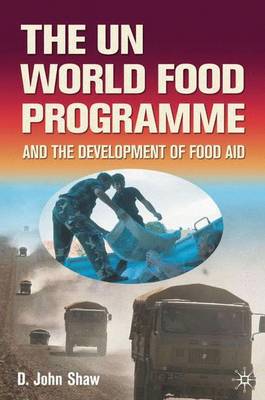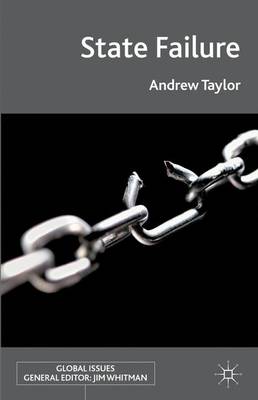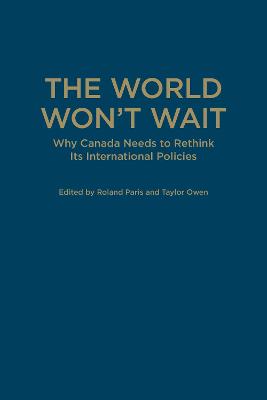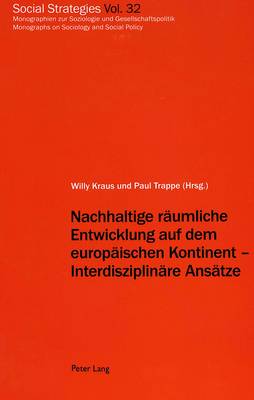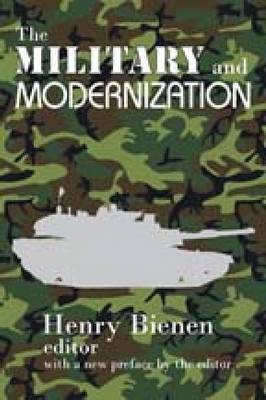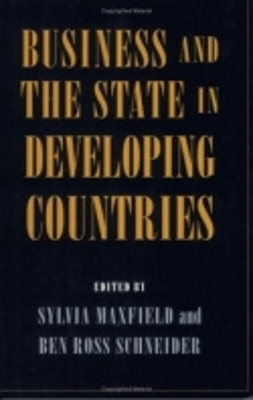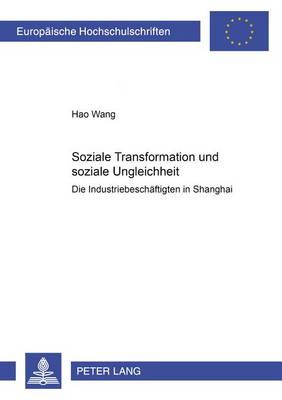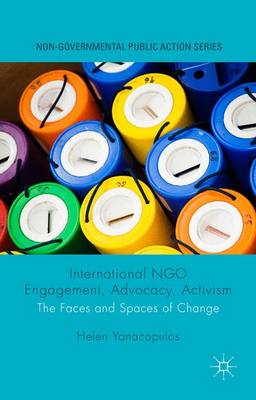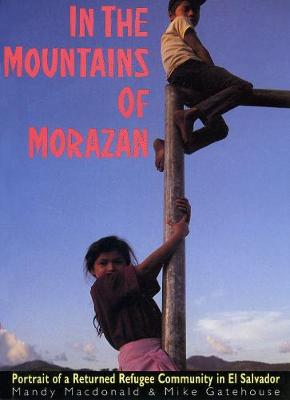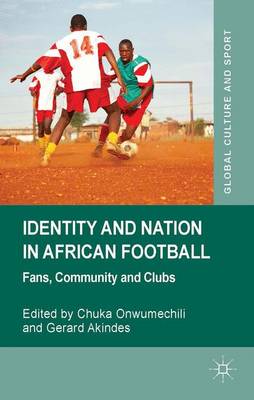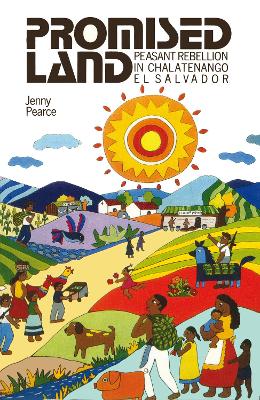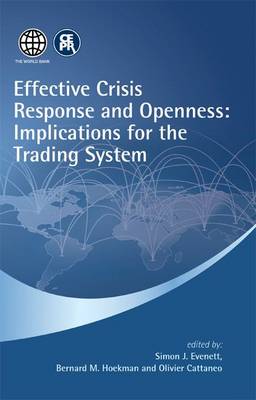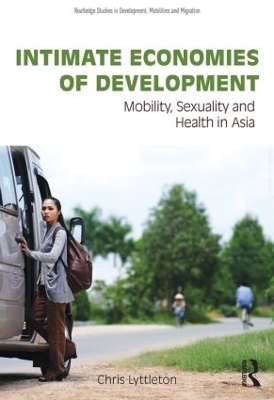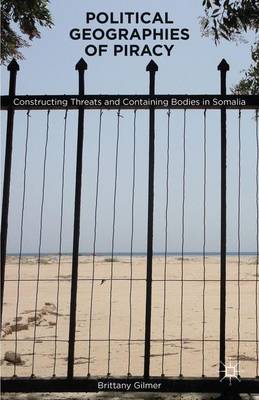This is the first history to be written of the World Food Programme (WFP), the food aid arm of the United Nations System. It tells the story of the antecedents and origins of WFP and growth from modest beginnings as a three-year experiment in 1963-65 to become the main source of international food aid for both disaster relief and development against the background of the evolution and development of food aid. This dual role has put WFP in the front line of the United Nations attack on poverty, h...
During the 1990s the concept of state failure emerged as part of an attempt to explain and understand the complex, post-Cold War, new world dis-order. State failure achieved prominence, being applied to situations of institutional collapse and mass violence that appeared to herald a new level of international instability. Ungoverned territories hosted criminal networks, narco-barons, and terrorists; they would be sources of threats flowing from environmental degradation and disease. The failed s...
The World Won't Wait (UTP Insights)
The need for an ambitious and forward-looking Canadian international strategy has never been greater. The worldwide changes that jeopardize Canadian security and prosperity are profound, ranging from the globalization of commerce, crime, and political extremism to the impact of climate change on the economy and environment. The reaction from Canada's policymakers, at least so far, has been underwhelming. In The World Won't Wait, some of Canada's brightest thinkers respond. Covering both classic...
Nachhaltige Raeumliche Entwicklung Auf Dem Europaeischen Kontinent - Interdisziplinaere Ansaetze (Social Strategies, #32)
Der Band vereinigt die Beitrage des Symposiums der Faculte Europeenne des Sciences du Foncier (FESF) und des Interdisziplinaren Arbeitskreises fur Entwicklungslanderforschung (IAfEF), welches im Juni 2000 in Strassburg stattgefunden hat und sich mit Fragen der nachhaltigen raumlichen Entwicklung auseinandersetzte. Im Zentrum der interdisziplinaren Analysen stehen die wichtigsten Fragen der sozialen Entwicklung: Massnahmen zur Erhaltung der Umwelt, zur Stabilisierung von Bodenrechten und zur sozi...
There is a growing body of work on the military in developing countries. Few studies, have explored in-depth questions concerning the social origins of officers and enlisted men or trace career patterns within the armed forces of the developing world. With the exception of Latin America, it has been rare for a study to assess the performance of ruling, or non-ruling, militaries for political development and modernization of their societies. This oversight is exactly what Henry Bienen addresses i...
Business and the State in Developing Countries (Cornell Studies in Political Economy)
Much of the debate about development in the past decade pitted proponents of unfettered markets against advocates of developmental states. Yet, in many developing countries what best explains variations in economic performance is not markets or states but rather the character of relations between business and government. The studies in Business and the State in Developing Countries identify a range of close, collaborative relations between bureaucrats and capitalists that enhance elements of eco...
Mit der OEffnungs- und Reformpolitik ist in China ein sozialer Transformationsprozess in Gang gekommen. Die mesosoziologische Einflussgroesse wurde aber in der Forschung zur sozialen Ungleichheit in China entweder vernachlassigt oder nicht genug in der Empirie expliziert. Diese Arbeit unternimmt es, die makro-, meso- und mikrosoziologischen Theorien im Rahmen einer Ungleichheitsforschung mit Hilfe eines Mehrebenen-Modells fruchtbar werden zu lassen. Dabei wird Einkommen als Indikator der Ungleic...
International NGO Engagement, Advocacy, Activism (Non-Governmental Public Action)
by Helen Yanacopulos
The world of international non-governmental organisations (INGOs) has dramatically changed during the last two decades. The author critically analyses the engagement of INGOs within the contemporary international development landscape, enabling readers to further understand INGOs involvement in the politics of social change.
"During the 1989 uprising, 8,000 refugees began their return to an FMLN zone of influence at Ciudad Segunda Montes, a process soon followed by the authors' two years of research visits. Topical chapters provide short vignettes on the issues a rebuilding community faces in the context of a concluding civil war. Rich in voices and descriptions (alongside some boosterism), thin in social theorizing (understandable, given the authors' aims)"--Handbook of Latin American Studies, v. 57.
Identity and Nation in African Football (Global Culture and Sport)
The 2010 South African World Cup launched African football onto the global stage. This volume brings together top scholars on African football to explore a range of issues such as gender, identity, nationalism, history, cyber-fandom, the media and fan radicalization.
Effective Crisis Response and Openness
The world has now faced the most severe global economic crisis since the Great Depression of the 1930s. Governments have responded to the crisis with many initiatives, often with implications for the openness of their national economies to global markets. While the primary objectives have been to support demand and thus economic activity and employment, recognition of cross-border spillovers has led to calls for international cooperation and to refrain from beggar-thy-neighbour measures. Arguabl...
This report presents an independent evaluation managed by the Evaluation Office of the United Nations Development Programme (UNDP) in Cote d'Ivoire in 2012. It assesses UNDP's overall contribution to the development of the country over the most recent programming cycles, as well as the strategy and performance of UNDP-Cote d'Ivoire during the last programme cycles and their action plans.
Girls' Education in the 21st Century (Directions in Development)
Persuasive evidence demonstrates that gender equality in education is central to economic development. Despite more than two decades of accumulated knowledge and evidence of what works in improving gender equality, progress on the ground remains slow and uneven across countries. What is missing? Given that education is a critical path to accelerate progress toward gender equality and the empowerment of women, what is holding us back? These questions were discussed at the global symposium 'Educa...
Intimate Economies of Development (Routledge Studies in Development, Mobilities and Migration)
by Chris Lyttleton
Aspirations, desires, opportunism and exploitation are seldom considered as fundamental elements of donor-driven development as it impacts on the lives of people in poor countries. Yet, alongside structural interventions, emotional or affective engagements are central to processes of social change and the making of selves for those caught up in development’s slipstream. Intimate Economies of Development lays bare the ways that culture, sexuality and health are inevitably and inseparably linked...
Disciplining the Transnational Mobility of People (International Political Economy)
A core feature of contemporary migration politics lies in the claim to regulate and discipline the cross- border mobility of people "through", "in the interest of" and "with the help of" the very individuals that cross national borders. Popularized by notions such as "smart borders" or "migration management", these practices and technologies raise important questions regarding strategies of migration control, the exercise of power, and their effects on individuals, societies and states. This vol...
ASEAN's Engagement of Civil Society (Critical Studies of the Asia-Pacific)
by Kelly Gerard
This book offers an innovative framework for understanding the role of civil society in regional and global policymaking. Using political economy analysis, Gerard demonstrates that ASEAN's people-oriented agenda builds legitimacy, while sidelining its detractors.
This book examines the increasing role of development organizations in securitization processes and argues that the new security-development counter piracy framework is (re)shaping political geographies of piracy by promoting disciplinary strategies aimed at the prevention and containment of gendered and racialized actions and bodies in Somalia.

